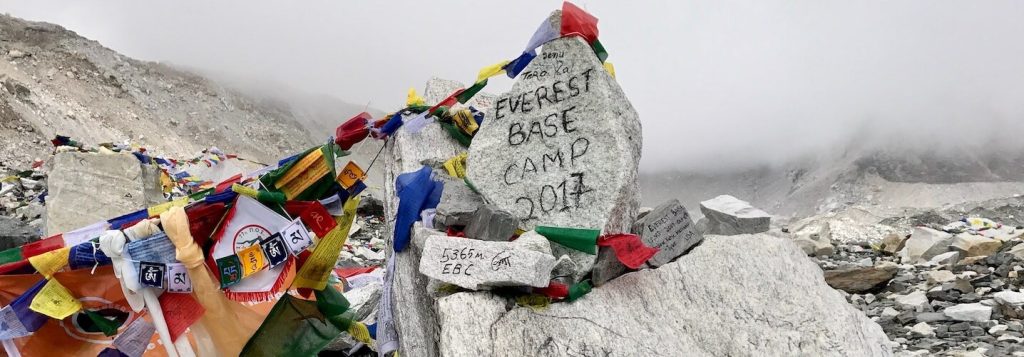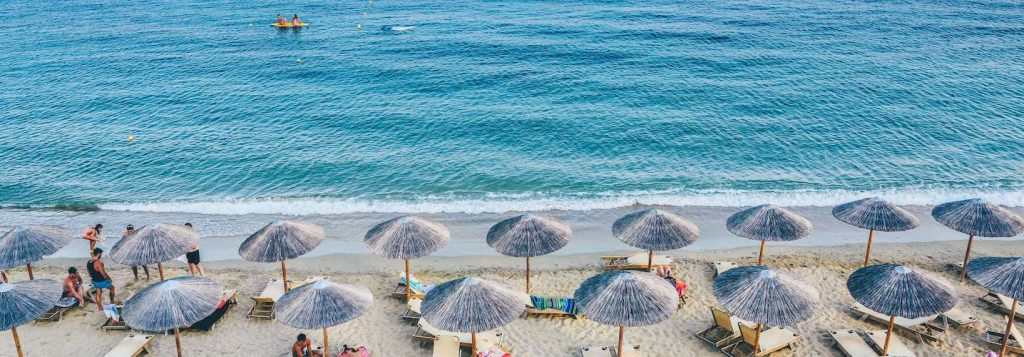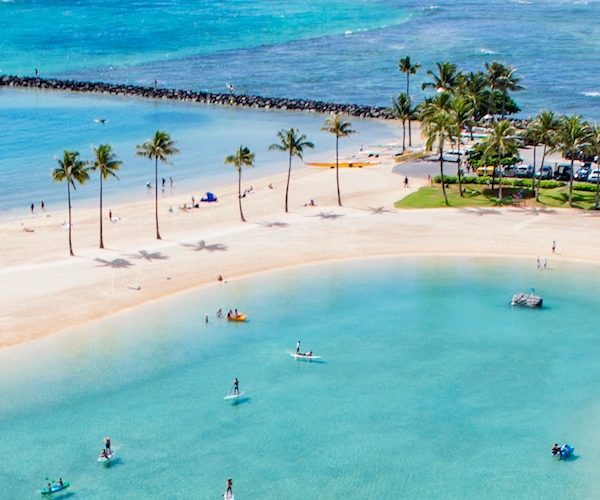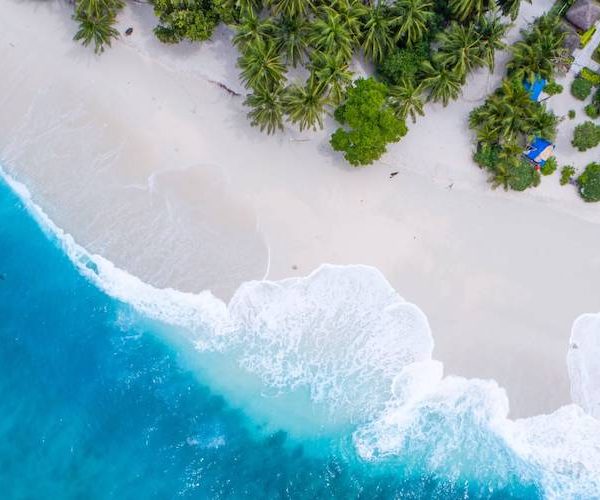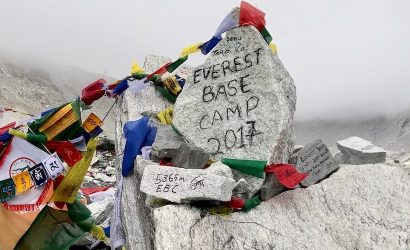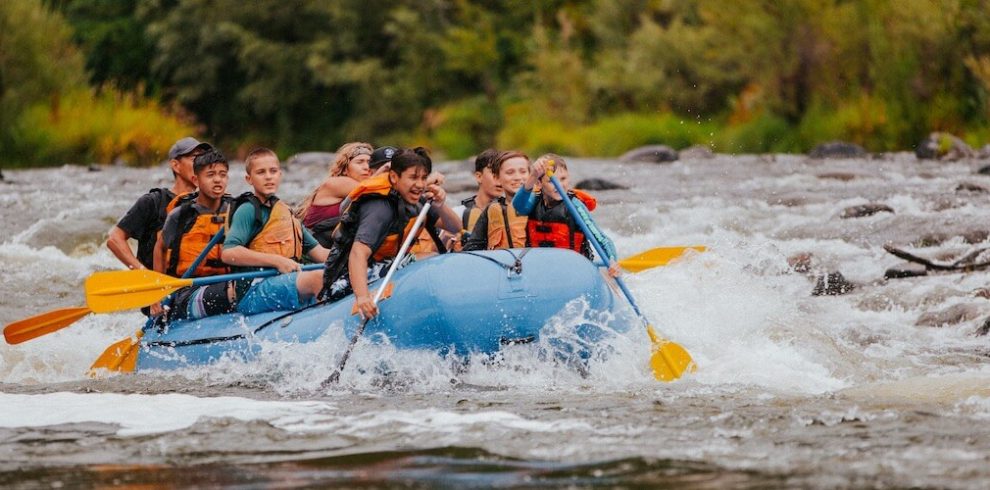Everest Base Camp Trek – The Ultimate Adventure
Everest Base Camp is one of the world’s most iconic trekking destinations, attracting adventurers from across the globe. Situated at an altitude of 5,364 meters, the trek to Everest Base Camp offers breathtaking mountain views, Sherpa culture, and the thrill of walking in the footsteps of legendary climbers. This unforgettable journey is more than just a trek – it’s a life-changing adventure.

Table of Contents
- Overview of Everest Base Camp Trek
- Highlights of the Trek
- Best Time to Visit
- Difficulty & Preparation
- Detailed Itinerary
- Cost & Inclusions
- Travel Tips
Overview of Everest Base Camp Trek
Located in the Khumbu region of Nepal, the trek to Everest Base Camp takes you through charming Sherpa villages, suspension bridges, rhododendron forests, and high-altitude landscapes. On clear days, trekkers witness the grandeur of Mount Everest (8,849m) along with peaks like Lhotse, Nuptse, and Ama Dablam.
👉 Internal Link: Explore Trekking in Nepal
Highlights of Everest Base Camp
| Experience | Details |
|---|---|
| Starting Point | Lukla Airport (2,860m) |
| Highest Point | Everest Base Camp (5,364m) |
| Duration | 10–14 Days |
| Major Stops | Namche Bazaar, Tengboche, Dingboche, Gorak Shep |
| Views | Everest, Lhotse, Nuptse, Ama Dablam |
Some highlights of the Everest Base Camp trek include:
- Scenic flight to Lukla – one of the most thrilling airports in the world.
- Acclimatization days in Namche Bazaar with stunning Everest viewpoints.
- Visit to Tengboche Monastery, the largest in the Khumbu region.
- Standing at the iconic Everest Base Camp, surrounded by Himalayan giants.
Best Time to Visit Everest Base Camp
The ideal seasons for trekking to Everest Base Camp are:
- Spring (March–May): Blooming rhododendrons and clear mountain skies.
- Autumn (September–November): Stable weather and best visibility.
Difficulty & Preparation
The trek to Everest Base Camp is considered moderately challenging. While no technical climbing is required, the high altitude and long walking days make preparation essential.
- Train with cardio, hiking, and strength exercises.
- Carry proper trekking gear, layered clothing, and a good sleeping bag.
- Acclimatize properly to prevent altitude sickness.
👉 External DoFollow Link: Nepal Tourism – Everest Region
Detailed Itinerary – Everest Base Camp
| Day | Route | Highlights |
|---|---|---|
| 1 | Fly to Lukla – Trek to Phakding | Scenic flight, riverside trek |
| 2 | Phakding to Namche Bazaar | Suspension bridges, Everest viewpoint |
| 3 | Acclimatization in Namche | Hike to Khumjung / Everest View Hotel |
| 4 | Namche to Tengboche | Tengboche Monastery |
| 5 | Tengboche to Dingboche | Ama Dablam views |
| 6 | Acclimatization in Dingboche | Short hikes for altitude adaptation |
| 7 | Dingboche to Lobuche | High-altitude trek |
| 8 | Lobuche to Gorak Shep – Everest Base Camp | Reaching the iconic base camp |
| 9 | Hike to Kala Patthar – Return to Pheriche | Sunrise over Everest |
| 10 | Trek back to Lukla | Final trekking day |
Cost & Inclusions
On average, a trek to Everest Base Camp costs between $1200 – $1800 USD, depending on group size and inclusions.
Typical inclusions:
- Trekking permits (Sagarmatha National Park, TIMS)
- Domestic flights to Lukla
- Accommodation in teahouses
- Professional trekking guide & porter
- Meals on trek
Travel Tips for Everest Base Camp
- Always carry Nepali rupees for small expenses.
- Stay hydrated and ascend gradually.
- Respect local Sherpa traditions and monasteries.
- Book early during peak seasons to ensure Lukla flights.
Why Choose Everest Base Camp?
The Everest Base Camp trek is more than a bucket-list adventure – it’s an immersion into Himalayan landscapes, culture, and history. Every step brings you closer to the world’s highest peak, making it one of the most rewarding experiences on Earth.
- Bus, Airlines
- 3 Stars Hotels
- 5,416 metres
- Kathmandu
- Feb, Mar, Apr & May
- Eco-Tour, Hiking
- All meals during the trek
- English, Spanish, French, Chinese
- Easy to Moderate
- 2-15
- 12
- 65
Overview
Travel is the movement of people between relatively distant geographical locations, and can involve travel by foot, bicycle, automobile, train, boat, bus, airplane, or other means, with or without luggage, and can be one way or round trip. Travel can also include relatively short stays between successive movements.
The origin of the word “travel” is most likely lost to history. The term “travel” may originate from the Old French word travail, which means ‘work’. According to the Merriam Webster dictionary, the first known use of the word travel was in the 14th century.
Highlights
- Trek to the world-famous Everest Base Camp
- Enjoy the amazing view of the Himalayas from Kala Patthar
- Travel through the Sherpa villages of Namche, Khumjung, Khunde, and Dingboche
- Visit Tengboche the biggest and oldest monastery n the region.

